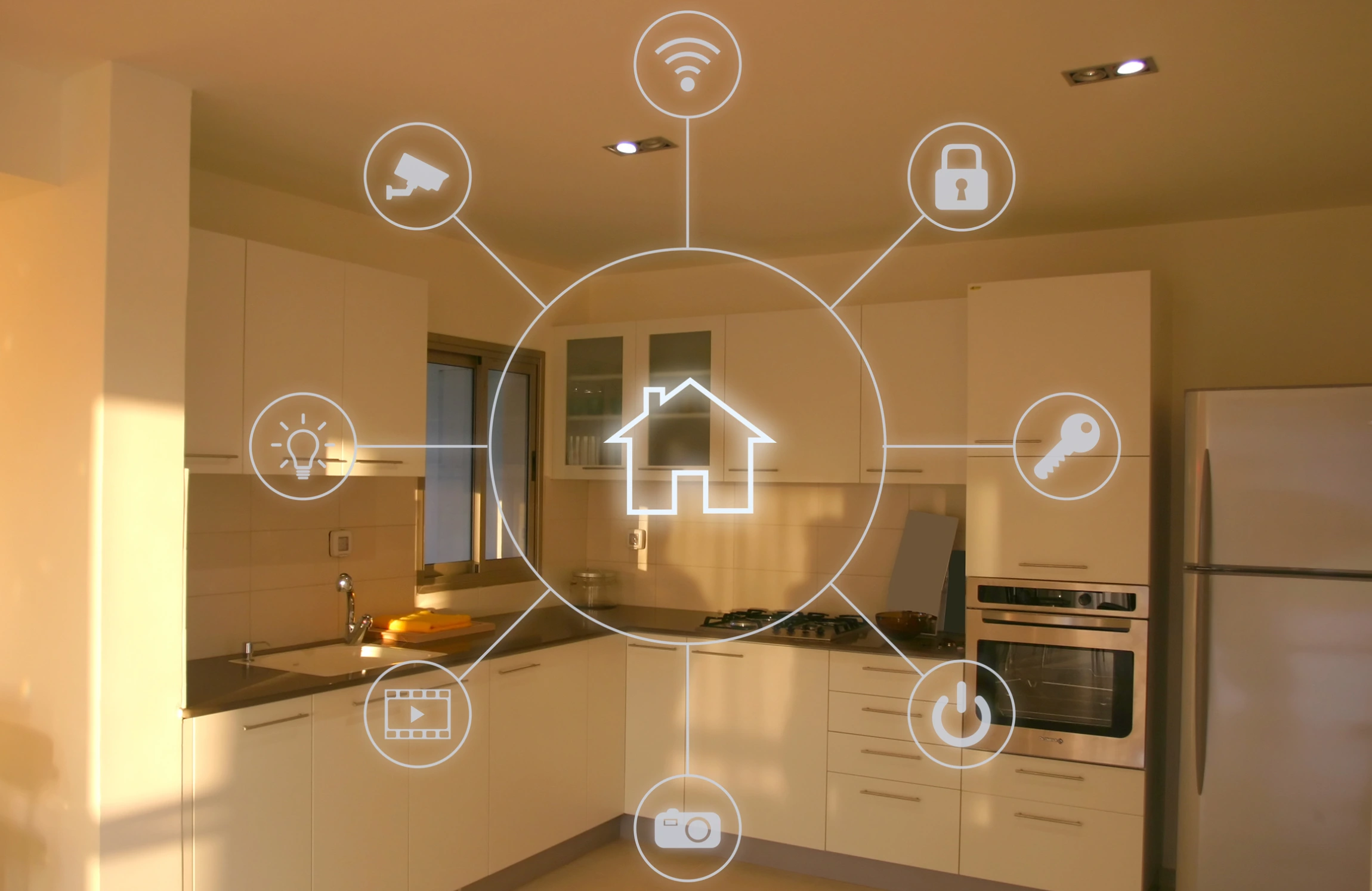
The real estate industry has long been known for its slow adoption of technology, but recent advancements in PropTech (Property Technology) are quickly changing that narrative. Today, PropTech is not just a buzzword; it’s a powerful toolset revolutionizing the way real estate is developed, sold, managed, and maintained. By addressing some of the industry’s biggest pain points, PropTech is reshaping the landscape for investors, developers, landlords, and tenants alike. Let’s explore how PropTech is tackling the most pressing challenges in real estate today.
1. Enhancing Property Management Efficiency
Managing properties has traditionally been a labor-intensive process, with tasks such as maintenance requests, lease renewals, and tenant communications consuming significant time and resources. PropTech solutions are now streamlining these operations by integrating property management software, IoT devices, and AI-driven analytics. Automated systems can now handle routine tasks like rent collection, maintenance scheduling, and even predictive maintenance by analyzing equipment data to preemptively address issues.
For example, IoT sensors can monitor heating, ventilation, and air conditioning (HVAC) systems to detect anomalies before they escalate into costly repairs, reducing downtime and improving tenant satisfaction. These technologies empower property managers to focus on higher-level tasks and strategic initiatives, leading to more efficient operations and better service delivery.
2. Addressing Housing Affordability and Accessibility
One of the most significant challenges facing the real estate sector is the affordability crisis. As housing prices continue to outpace wage growth in many regions, PropTech startups are leveraging technology to offer innovative solutions. Co-living platforms, modular housing, and shared ownership models are gaining traction, providing more affordable living options without compromising quality.
Moreover, digital mortgage platforms are simplifying the home-buying process, reducing the cost of entry for first-time buyers. By automating the underwriting process and leveraging data analytics, these platforms can offer more accurate credit assessments, faster loan approvals, and personalized mortgage products.
3. Improving Transparency and Trust in Transactions
Real estate transactions have historically been complex and opaque, often involving multiple intermediaries, extensive paperwork, and long processing times. Blockchain technology, a key component of the PropTech revolution, is addressing these challenges by providing a decentralized, transparent ledger for real estate transactions.
Smart contracts on blockchain platforms can automate the execution of lease agreements and property sales once pre-defined conditions are met, reducing the need for intermediaries. This not only speeds up transactions but also minimizes the risk of fraud by ensuring the accuracy and immutability of transaction records. Furthermore, blockchain technology facilitates fractional ownership, allowing investors to buy and sell shares of properties with ease, democratizing access to real estate investments.
4. Optimizing Space Utilization
With the rise of hybrid work models, optimizing space usage has become a top priority for commercial real estate owners and tenants. Companies are increasingly turning to PropTech solutions that utilize data analytics and occupancy sensors to monitor real-time space usage, enabling them to make informed decisions about their physical footprint.
Flexible space management platforms allow businesses to adapt their office space to fluctuating needs, making it easier to scale up or down as required. Additionally, these platforms can facilitate shared workspaces, subleasing, and other creative space-sharing solutions that maximize revenue while minimizing unused areas.
5. Sustainability and Energy Efficiency
As the real estate industry accounts for a significant portion of global carbon emissions, there is growing pressure to adopt sustainable practices. PropTech is playing a crucial role in advancing sustainability efforts through smart building technologies, energy-efficient materials, and green certifications.
Energy management platforms can track and optimize energy consumption in real-time, helping building owners reduce costs and meet regulatory requirements for sustainability. Smart building systems can automatically adjust lighting, heating, and cooling based on occupancy levels and weather conditions, leading to substantial energy savings. Some PropTech startups are also focused on developing sustainable construction methods, such as 3D-printed homes using eco-friendly materials, which could significantly reduce the carbon footprint of new developments.
6. Enhancing Tenant Experiences
Tenant expectations have evolved, and they now demand a seamless, tech-enabled living or working experience. PropTech solutions are catering to this shift by providing tenants with digital tools for everything from submitting maintenance requests to accessing community events and amenities. Mobile apps allow tenants to communicate directly with property managers, reserve shared spaces, and even pay rent with just a few taps on their smartphones.
Smart home technologies, such as keyless entry, smart thermostats, and voice-activated devices, are also becoming standard in many residential properties, offering convenience and a personalized experience that meets modern lifestyle demands.
7. Data-Driven Investment Decisions
Investors and developers are increasingly relying on data analytics to make informed decisions. PropTech tools that aggregate market data, track consumer preferences, and monitor economic trends provide invaluable insights for assessing the potential of investment opportunities.
Predictive analytics can forecast market shifts and identify undervalued properties, giving investors a competitive edge. Real estate investment platforms that integrate data from multiple sources allow users to perform comprehensive due diligence, mitigating risks associated with traditional methods of investment evaluation.










